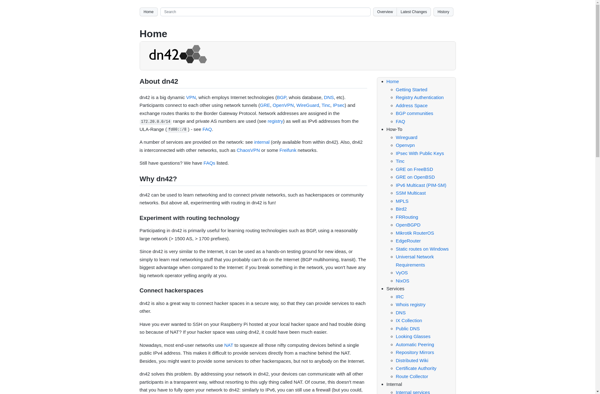Project Maelstrom
Project Maelstrom: Decentralized Web Browser
Free, open-source web browser with a decentralized, peer-to-peer infrastructure, offering an alternative to traditional centralized web browsing
What is Project Maelstrom?
Project Maelstrom was a free, open-source web browser developed by BitTorrent Inc. It launched in 2015 but was discontinued the following year.
Maelstrom aimed to challenge the centralized nature of traditional web browsing by utilizing a decentralized, peer-to-peer infrastructure. Instead of content being hosted on servers, Maelstrom distributed web pages, applications, and media across its user network using BitTorrent technology.
This distributed model meant no single entity had control over the content users could access. It also gave Maelstrom the potential to reduce infrastructure costs, improve browsing speeds, and increase censorship resistance compared to traditional browsers.
However, Maelstrom struggled with issues around privacy and content moderation due to its decentralized nature. It also did not manage to build a large enough network to reliably distribute content. As a result, BitTorrent Inc. shut Maelstrom down to focus resources on its main BitTorrent app.
Though short-lived, Project Maelstrom represented an ambitious attempt to reimagine what a web browser could be. Its core ideas around peer-to-peer browsing may inspire future efforts in building decentralized internet infrastructure.
Project Maelstrom Features
Features
- Decentralized peer-to-peer web browsing
- Distributed web content across user devices
- Torrent-powered downloading
- Enhanced privacy and security
Pricing
- Free
- Open Source
Pros
Cons
Official Links
Reviews & Ratings
Login to ReviewThe Best Project Maelstrom Alternatives
Top Web Browsers and Decentralized and other similar apps like Project Maelstrom
Here are some alternatives to Project Maelstrom:
Suggest an alternative ❐Freenet
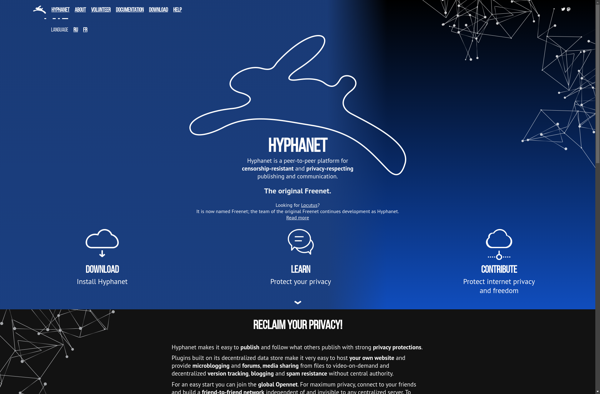
I2P
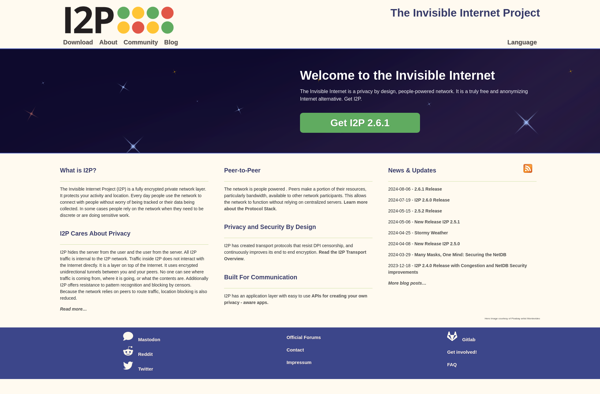
Hypercore Protocol
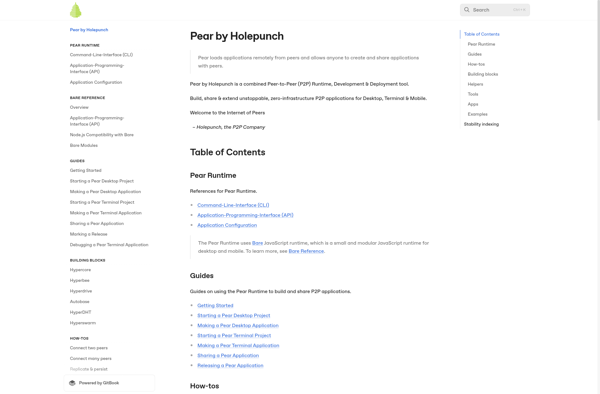
IPFS
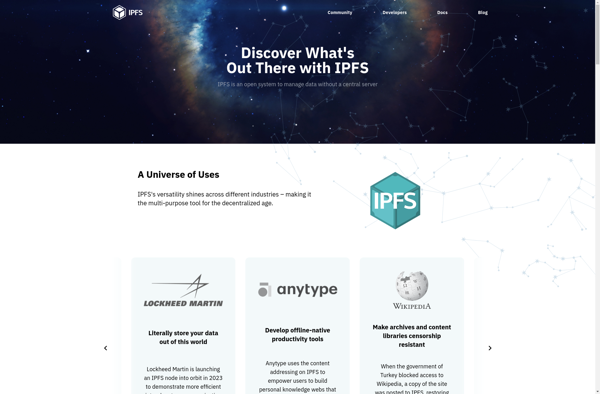
GNUnet
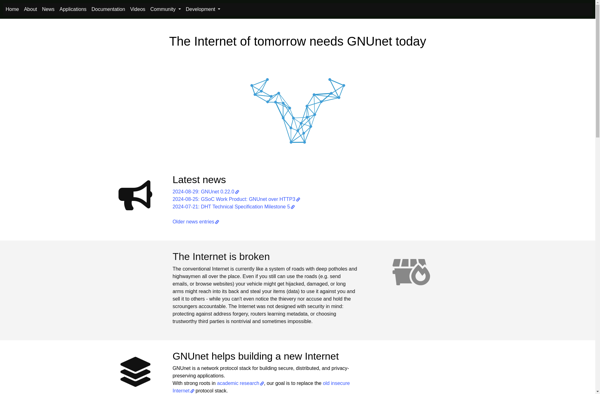
Beaker browser
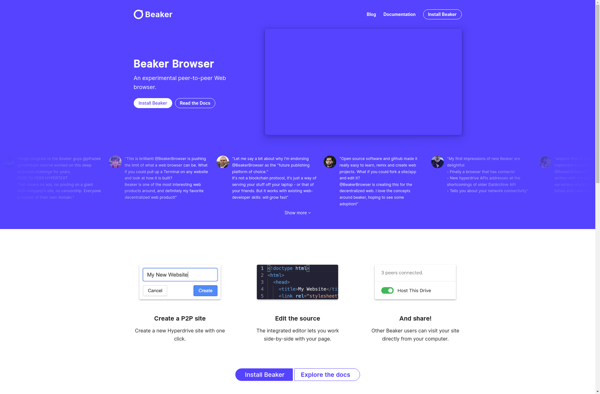
Dn42
